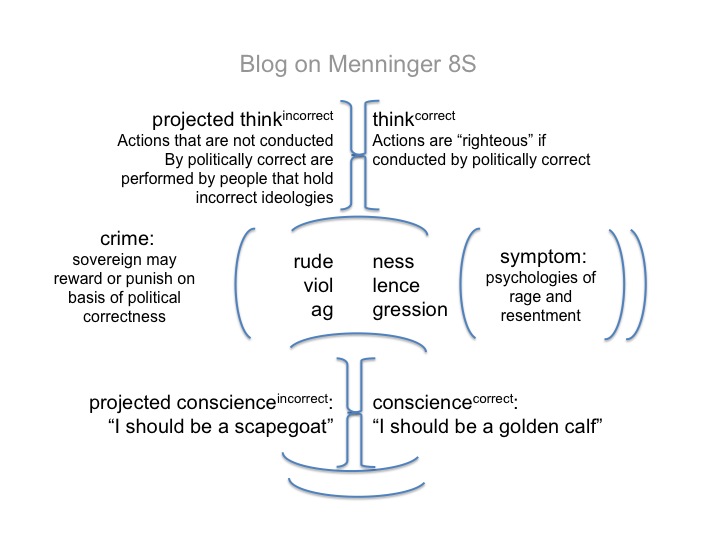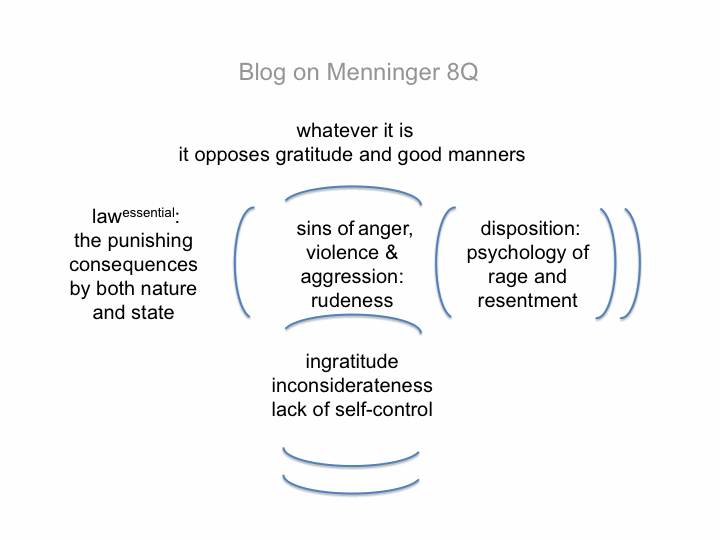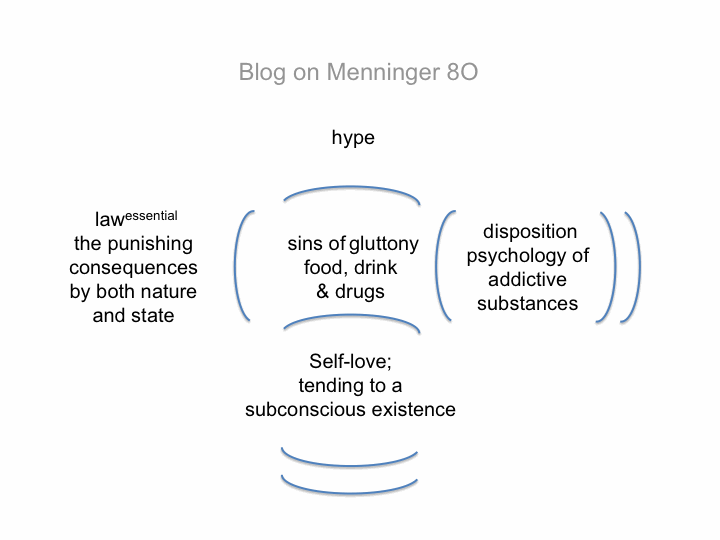Thoughts on Whatever Became of Sin? By Karl Menninger MD (1973) 8T
What about the sins of sloth?
A classic “sin of sloth” is littering.
Let us use it as an example.
The disposition that makes littering possible includes a “psychology of inconvenience”.
The lawessential that puts littering into context ranges from “the cost of someone else cleaning up after you” and continues to “invitations for property crime”. The consequences of the sin extend far beyond the sinner.
“Littering” is a good example for Menninger’s perspective that the deterrents of “sin” and “personal responsibility” are superior to any imposed deterrents.
When “sin” is replaced by “political incorrectness”, then “littering may be construed as a crime against the environment” and punished with heavy fines and the like. This implies that the symptom underlying “littering” may be “cured” in a field of imposed rewards and punishments.
How to establish such a field? A surveillance state is required to monitor the populace in regards to this crime.
The Progressive horizontal axis becomes “police state surveillance and heavy fines(the political incorrectness of littering(the psychology of inconvenience)).



